Rather than seeking Apple's assistance, the FBI plans to work with its own San Diego Regional Computer Forensics Laboratory to obtain data from a seized iPhone 5c involved in a murder investigation, if it is awarded a warrant to do so.
The bureau issued an application for a search warrant in the Southern District of California on Thursday, seeking to unlock a blue iPhone 5c that was owned by Taylor Langston. She and her boyfriend, David Meza, are accused of stabbing 52-year-old Jake Clyde Merendino to death.
In the application first discovered by AppleInsider, the FBI notes that it previously obtained search warrants to extract location data from Langston's iPhone 5c, and reveals that information was obtained using Cellebrite technology. The same Israeli firm has worked with the FBI in past investigations to help crack open iPhones.
Cellebrite's methods apparently were not enough, however, as the warrant application notes there is additional information the FBI hopes to obtain from the iPhone 5c in question. According to the bureau, the time limitations of the initial warrants have lapsed, which is why the FBI seeks a new warrant from the court.
Investigators with the FBI revealed they have been in communications with the San Diego Regional Computer Forensics Library, which has "additional tools beyond Cellebrite, which could potentially identify and extract location information stored on Langston's iPhone, as well as identify relevant Apple iPhone applications that could also hold location information."
The RCFL was established by the FBI in 2000, and currently boasts 15 different laboratory "service areas" across the U.S. The facilities are devoted to the examination of digital evidence in support of criminal investigations, including terrorism, child pornography, crimes of violence, trade secret theft and more.
The RCFL has agreed to assist the FBI in its ongoing investigation if the bureau can obtain a proper search warrant. The filing states the FBI hopes to find out more information about the location of the iPhone 5c around the time of Merendino's death, as well as any historical information that might help its case.
Notably, the warrant makes no mention of working with Apple to extract information from the iPhone 5c. That's a big difference from the San Bernardino terrorist shooting investigation, when the FBI sued Apple in an attempt to force the company to create a "backdoor" to unlock an iPhone 5c used by one of the shooters.
At the time, the FBI insisted that it was only interested in unlocking that one iPhone 5c, that one time. But Apple pushed back, arguing that if it did create a security vulnerability in its iOS mobile operating system, that could open the flood gates for the FBI and other law enforcement agencies to have Apple continuously break into users' iPhones.
The California murder investigation is just another example of hundreds of investigations where law enforcement hope to break into secure smartphones used by criminals. While investigators have sought warrants for those efforts for years, suing Apple in an attempt to force the company to help is a new approach, one that is also being employed in a New York City dispute.
As with the California murder trial, Cellebrite's methods apparently were not enough in the San Bernardino case, leading the FBI to reportedly pay "gray-hat" hackers to break into the iPhone 5c in question. The FBI is unlikely to tell Apple what exploit it used to extract information from the phone.
 Neil Hughes
Neil Hughes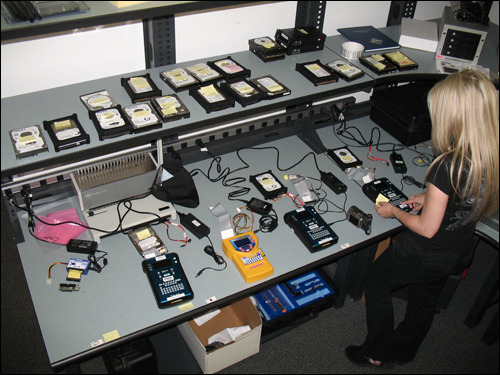
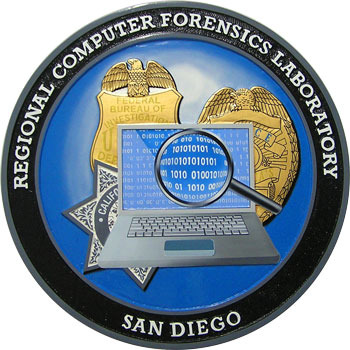


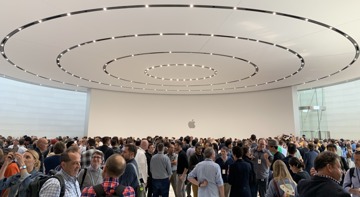
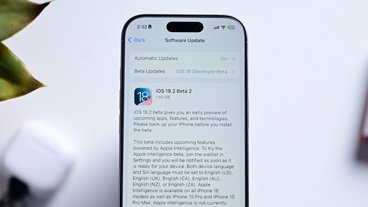
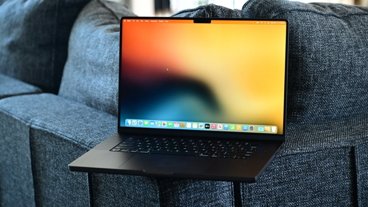
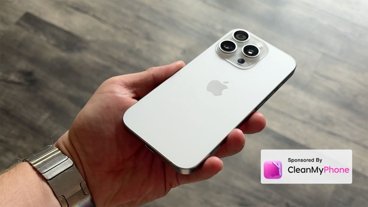







 Christine McKee
Christine McKee
 Andrew Orr
Andrew Orr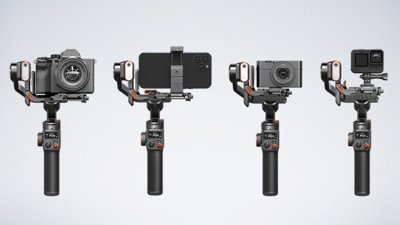
 Charles Martin
Charles Martin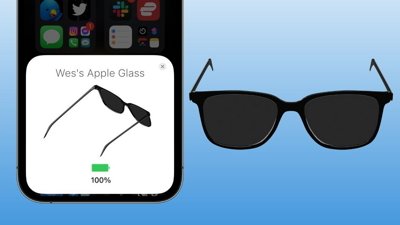
 Marko Zivkovic
Marko Zivkovic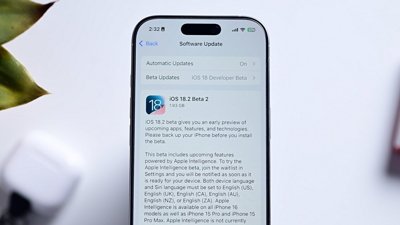
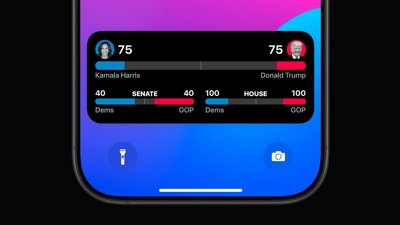
 Wesley Hilliard
Wesley Hilliard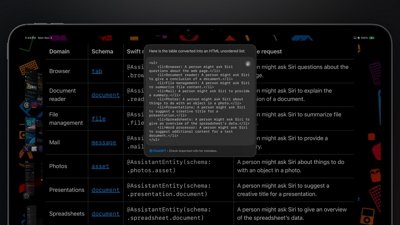
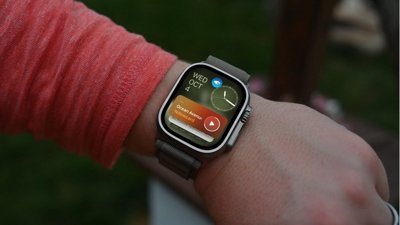
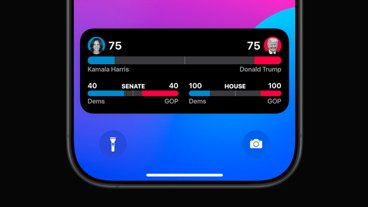
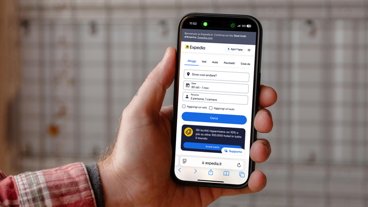
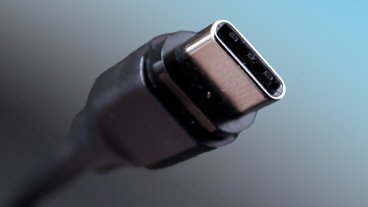
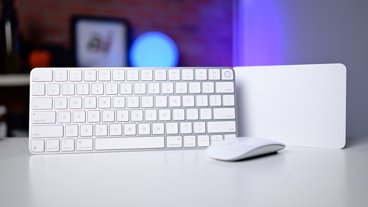
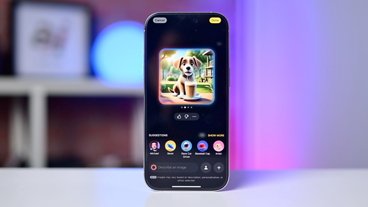
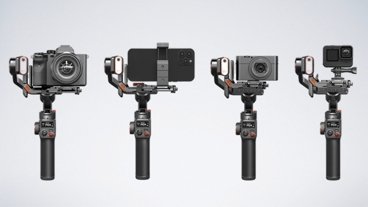
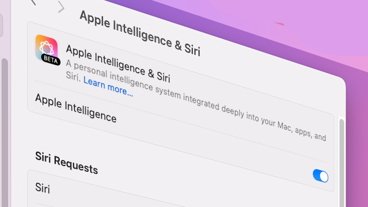

7 Comments
So wait, they used the same method they used to unlock the San Bernardino phone, but needed more information than unlocking it would provide? You'd think they'd want that same additional info on the San Bernardino phone too.
It's really great how the FBI kept this whole escapade quiet, lest criminals with 5c's get the idea to upgrade to...or steal...6's.
I wonder when Apple can just say no to any further "assistance" for the FBI or other governmental agencies. It appears the FBI already has everything they need and has been hacking phones for some time.
So wait... Has the FBI successfully hacked into an iPhone 5C, extracted encrypted data from the iPhone 5C and decrypted the encrypted data? Or, is the FBI engaged in a false PR campaign in a blatant attempt to fix the image disaster created by it and the DOJ during the San Bernardino case?
"Just this one time!"